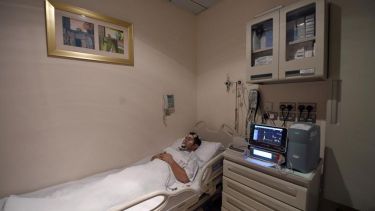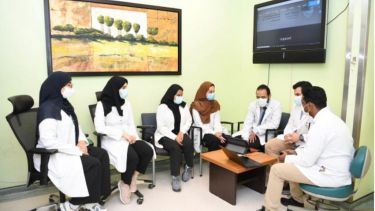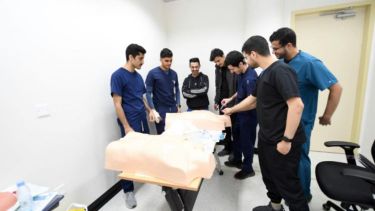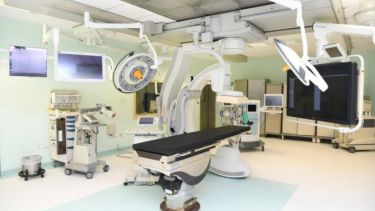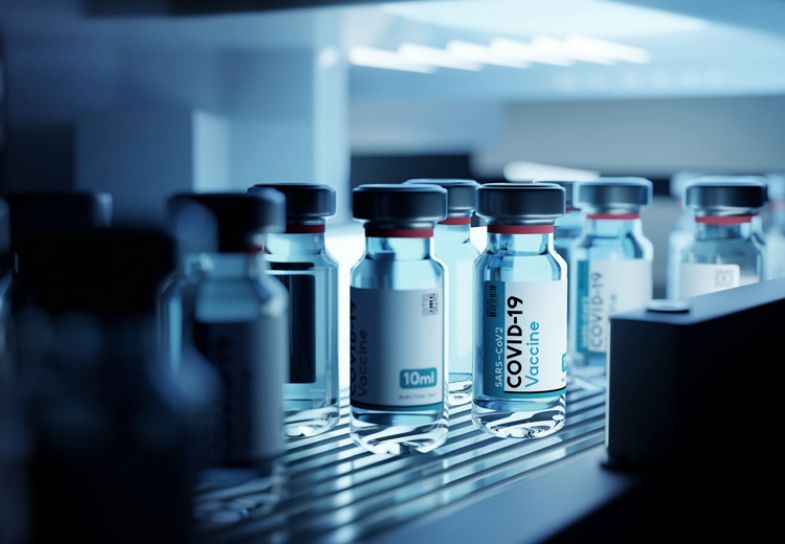
A quick response from faculty and thousands of student volunteers helped King Saud University to administer 160,000 Covid-19 vaccine doses
King Saud University’s College of Medicine had a weekend to set up its vaccination centre during the Covid-19 pandemic, which ultimately became one of the largest facilities in Saudi Arabia. It succeeded because faculty, students and staff worked together, says Abdossalam Madkhali, an assistant professor within the department of internal medicine.
From February to November last year, KSU’s centre administered around 160,000 vaccine doses with the help of around 3,000 student volunteers. In addition to protecting people against the Covid virus, many health students gained hands-on experience dealing with patients and the intricacies of managing large health interventions.
“They proved themselves to be very capable young men and women, and I’m proud of them,” Madkhali says.
Meanwhile, faculty in the College of Medicine had a tumultuous few months trying to cope with the precipitous shift to online teaching.
Like with the vaccination centre, at the start of the pandemic the college of medicine had a weekend to move its teaching online while ensuring that it maintained its high standards for education.
The shift was profound. “The medical school is a very practical study, and not something that you can teach all in theory,” says Khalid Fouda, dean of the College of Medicine. For example, students have many practical sessions, as well as observing in clinics.
Fortunately, many of the teaching staff are physicians and they could continue to work through the pandemic, but they still needed help to adapt to online teaching.
Support for staff was vital, says Mona Soliman, head of the medical education department at the university. “We needed to make sure that faculty were trained to deliver teaching materials” on new platforms, and so the college offered online training technology and had a hotline to respond to queries.
“We wanted to make sure that our staff were delivering the curriculum as planned, and to make sure that the desired learning outcomes were delivered,” Soliman says. “This is very challenging for medical education worldwide because we have certain competencies we need to make sure that students master.”
To ensure that the shift online did not affect education quality, KSU’s assessment centre benchmarked student results for every assessment, test and exam against previous years’ outcomes. “You needed to compare the grades with the previous year to make sure that this shift did not affect the quality of the students,” Soliman says.
To ensure regulatory compliance and that its graduates would be able to qualify as healthcare professors, KSU faculty meticulously documented the transition process and all teaching and assessment interventions taken during the pandemic. They documented learning curves, pitfalls, and student and faculty satisfaction, as well as successes that they wanted to retain.
“We had to document every step of what we were doing,” Fouda explains. “We know that in a year or two the accreditation process will come and we will have to explain what we did, how we authorised each step” to show that the university maintained the highest quality of medical education.
Find out more about the College of Medicine at King Saud University.

